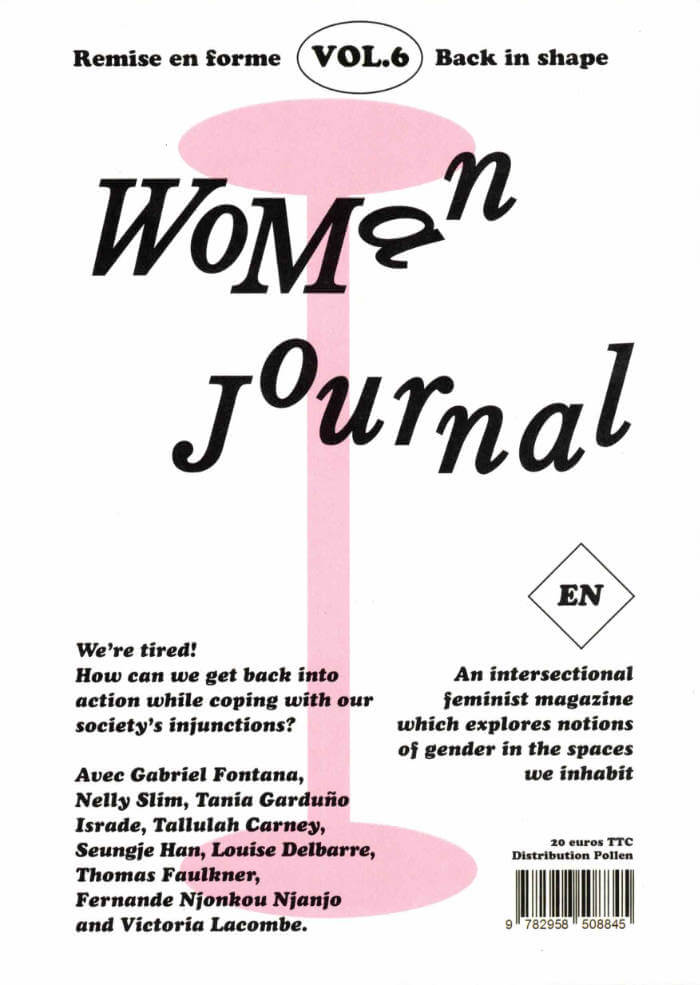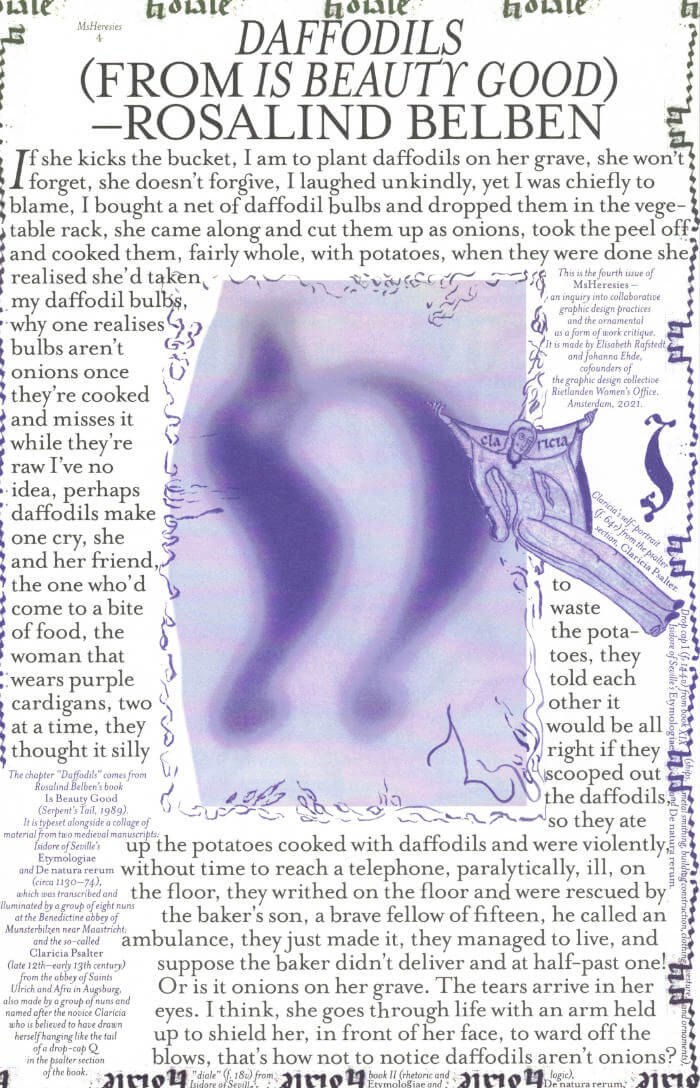
Can We Rule It Out? Collective Ideas for keeping sexual abuse out of art spaces
Habiba Effat, Naira Antoun, Mai Abu ElDahab
“With this collection of texts, reflections, questions, documents, we invite our readers, colleagues, and peer organizations to engage in difficult, often fraught, discussions about sexual abuse in art spaces. We do not want these conversations to always start at zero, as if a lot of work around sexual abuse hasn’t been done already. There is copious activism, scholarship, and creativity on this topic, if one wants to find it. What this publication would like to do is contribute to the work that has already been done and to be a waypost toward what remains to be done.”
Commissioned and edited by: Karim Kattan and Mai Abu ElDahab
Contributors are Adam HajYahia, Habiba Effat, Karim Kattan, Mai Abu ElDahab, Marnie Slater, Naira Antoun, and Salma El Tarzi
Notes compiled and written by Ahmed Medhat, Marina Samir, Nana Abuelsoud, and Salma El Tarzi, with edits and comments by Sahar Mandour
Translation from Egyptian Arabic of “Notes on Justice” by Yasmine Haj
Copyedited and proofread by Jenifer Evans
Designed by Loraine Furter and Naïma Ben Ayed






